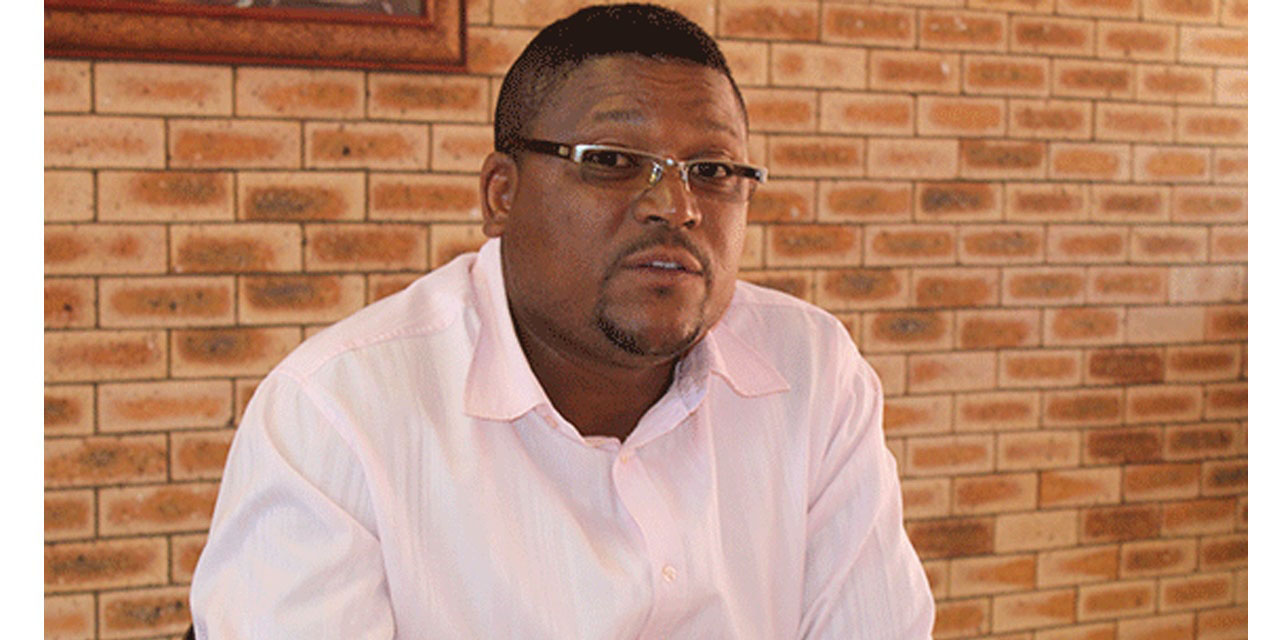Martin Endjala
Teachers Union of Namibia (TUN) Secretary General Mahongora Kavihuha has blasted government for confusing the general public on free education, as parents continue to be in a dilemma of being subjected to the voluntary-compulsory contribution of school stationaries.
Emphasising that government is in actual fact supposed to look after the resources and provide services to citizens, of which every Namibian owns.
Kavihuha was speaking today at the education summit organised by the Landless People’s Movement in Windhoek.
The concept or idea of free education Kavihuha, according to Kavihuha is confusing to the general public due to the contradiction of information from the Ministry.
“We cannot say free education and still witness schools demanding compulsory voluntary contributions from parents, contributions for what? Government is supposed to look after the resources on Namibians’ behalf and provide services to its people. Although one could argue that looking after this resources requires capital injection,” Kavihuha said.
The SG pointed out that taxpayers’ money and other levies already cover this cost.
He says that based on the current happenings on the ground, nothing is for free, advising government to revisit its concept as it is causing confusion.
He also highlighted incidents during school parents meetings were parents from marginalised communities are often intimidated by parents who are well off, claiming that they often boast about how much they contribute to the school, which he says is causing less privileged parents to not freely express themselves at meetings.
Kavihuha added that whatever issues or agreements are concluded at the meetings are often concluded on assumptions that all parents are in agreement while it is not the actual truth.
“We thus encourage parents to report such schools demanding for compulsory voluntary contributions to the Executive Director of the ministry of education. Our stance is that education should be for free and no parents should take out any penny from grade zero to university and that the state must ensure this, just as its sister country Zambia,” Kavihuha added.
The SG lamented that, this is due to poor administration in schools, and this issue can only be amicably resolved if institutions are correctly managed.
Furthermore, Kavihuha took a swipe at the grants given to schools by the education ministry, claiming that in many cases, school calendar year budgets are often paid between September and November, which leaves schools to operate with their own funds.
Hence he suggested that this should be done at least at the beginning of each school calendar year.
In response to this concerns, the education ED Sanet Steenkamp said that the ministry is working on improving the matter, while also confirming that all schools countrywide have received their grants except for five schools, due to documents that still require updating but she assured that these technicalities will be solved in a matter of days.




